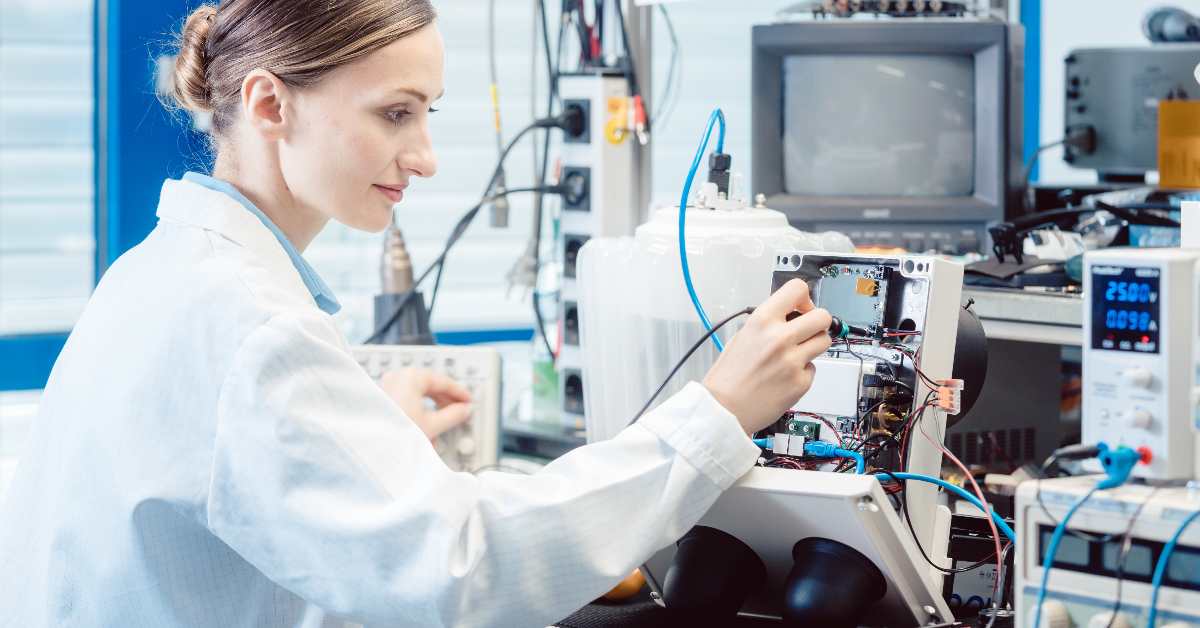Whether it is a drug-eluting stent, magnetic resonance tomography, CT scanner, X-ray and ultrasound machine, color Doppler, ECG, or pacemaker, the patient's life depends on the efficiency of these devices. Any damage or operation of medical devices can have a serious impact on the patient's condition and even endanger his survival.
It's no wonder that compliance testing of medical devices has become so important in the overall scheme of things. As embedded software is becoming the norm for new medical devices, it needs to be thoroughly tested – from the design phase to the end-to-end development cycle. You can also look for the best compliance testing services via https://med-phys.com/services/compliance-testing/.

Image Source: Google
Compliance testing specialists must conduct performance testing along with other tests on medical devices to ensure that they meet legal requirements during critical clinical trials.
The role of medical devices in the diagnosis and treatment of diseases has increased from year to year. In addition, devices have changed in terms of the materials used, the application of the firmware, automation, and the way they capture the important parameters associated with the diagnosis and treatment of diseases.
Medical devices must not only meet design specifications but must also meet standards set by federal and international regulatory agencies. Compliance testing testers have their role in testing equipment ruggedness, accuracy, usability, safety, and responsiveness by testing performance.
Why Compliance testing?
- To meet regulatory requirements and safety standards
- To test the efficiency and safety of the device
- Inclusion of tests in the design phase for mastering emerging technologies
To ensure objectivity, suitability, and transparency, testing of medical devices should be carried out by a compliance testing specialist, preferably a reputable testing organization.